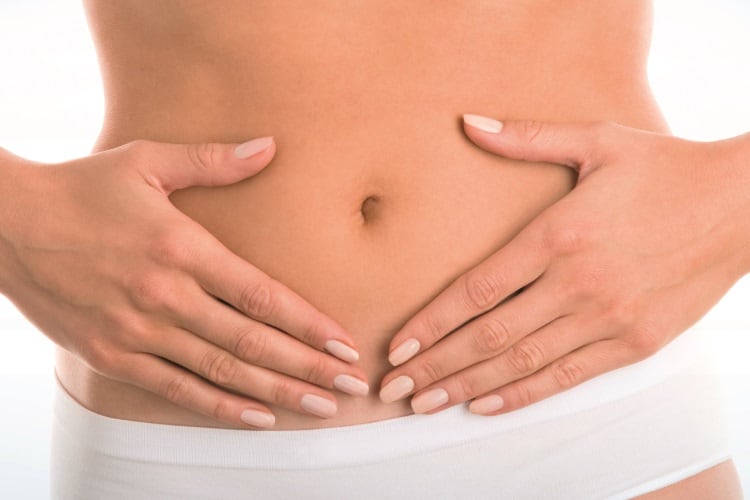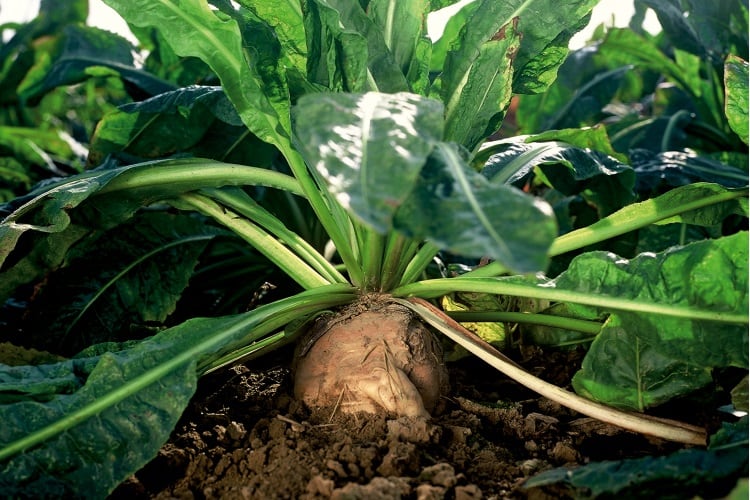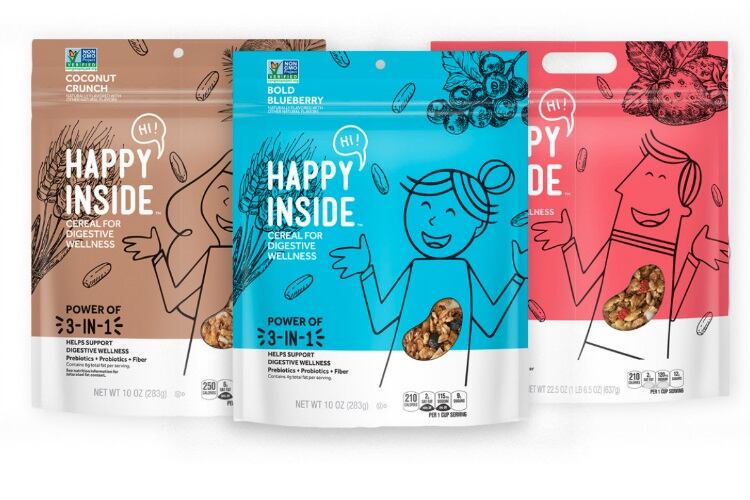The production of bread and bakery goods has been influenced throughout 2019 by consumer preferences, fluctuating input prices, consumer confidence levels and disposable incomes. The sector looks set to see revenue increase at a CAGR of 3.2% to reach £8.5bn in 2020, driven by changing consumer trends - most notably the rising level of health consciousness .
Heightened consumer awareness of digestive health has significantly influenced product development and reformulation across the food industry as a whole.
Consumers are increasingly paying attention to their digestive health; with more than two-thirds of people worldwide saying digestive health is very important to them. To help promote their digestive health, 60% of UK consumers now try to ‘get a certain amount/as much fibre as possible’ in their daily diets .
In addition, a consumer survey conducted by the market research company Insites on behalf of Beneo found consumers are attracted to products naturally rich in fibre – this is where the bakery sector has the potential to make its mark.
This is because more than two thirds of respondents (67%) in Europe see the benefit of fibre enrichment linked to bread, while 52% like the idea of fibre enrichment linked to biscuits.
Why is there a fibre gap?
Although fibre is key for a healthy digestive system and consumers are aware of it, they still struggle to reach their daily recommended intake of fibre.
Research on behalf of the Beneo-Institute found consumers in European countries don’t manage to consume the recommended daily intake of 25g per day. They are only consuming approximately half.
The reasons for this are manifold: fibre-enriched products tend to have a grainy or bland taste and consumers struggle to know which products provide a healthy dose of fibre. Also, it is challenging to achieve the recommended intake of fibre by solely consuming food groups that are most fibre rich, such as vegetables, grains and some fruits.
A healthy and balanced diet includes a mix of various fibres including fibre-enriched products. However, in order to successfully increase fibre intake, fibre-enriched products must deliver in terms of taste.
Selecting the right fibre
There are many fibres available to producers looking to increase the fibre levels in their bakery products, however, these functional ingredients promote different properties related to digestive health.
Some fibres pass through the intestine unchanged and provide bulk; others build viscous gels, but may pack some nutrients inside that escape digestion. Still others are used by the guts microbiota in general and increase biomass. Some fermentable fibres have the unique property of being a prebiotic in addition to a fibre.
Beneo’s prebiotic chicory root fibres inulin and oligofructose have been scientifically shown to support a range of functional benefits, including bowel regularity, weight management, a person’s microbiota and their overall wellbeing (measured by the improvement of quality of life evaluated by validated questionnaires).
A range of EU health claims have also been awarded to these fibres, so that producers can communicate the benefits on pack. This includes an exclusive EU health claim under article 13.5 for its inulin in promoting digestive health.
Beneo’s chicory root fibres are one of just three scientifically approved prebiotics, according to ISAPP. In addition, they provide a natural solution (unlike many other chemically modified fibres) for bringing fibre into any bakery application, the tasty way.
Taking the initiative
Numerous producers are encouraging fibre intake by either making food categories that are known for their fibre content more appealing (e.g. the Happy Inside breakfast cereals from Kellogg) or by enriching foods that aren’t known for being high in fibre (e.g. Mission’s Simply Good super-seed sourdough wraps, and Weetabix and Kara’s breakfast muffin range).
As the wider benefits associated with digestive wellness lead to increased consumer demand for added fibre products, bakery producers are facing a number of innovation challenges. As well as increasing fibre in the products, producers are being called on to create baked good innovations that have less sugar in them, contain only clean label ingredients and that deliver in terms of taste and texture.
Taking sugar out of products and increasing fibre, while keeping the label clean, is particularly challenging in baked goods.
By using the prebiotic fibres inulin and oligofructose from nature, sugar and fat can be reduced and fibre increased, while supporting excellent taste and texture, and improving digestive health.
Experts at the Beneo-Technology Centre have advised a wide range of bakery customers on how to reduce sugar and increase the fibre in their products. From fat-reduced biscuits and fluffy high-fibre muffins to sugar-reduced cereals, the team has also developed recipe concepts to show how this can be achieved.
With so much of the bakery industry’s success based on delivering products that meet consumers’ growing desire for healthier purchases, there is clearly an appetite for baked products that promote good digestive health, naturally.
Ingredients providers, such as Beneo, are creating very real ways for innovative producers to make the most of this trend – and by using prebiotic fibres with associated EU health claims – promote these benefits on-pack to consumers.




